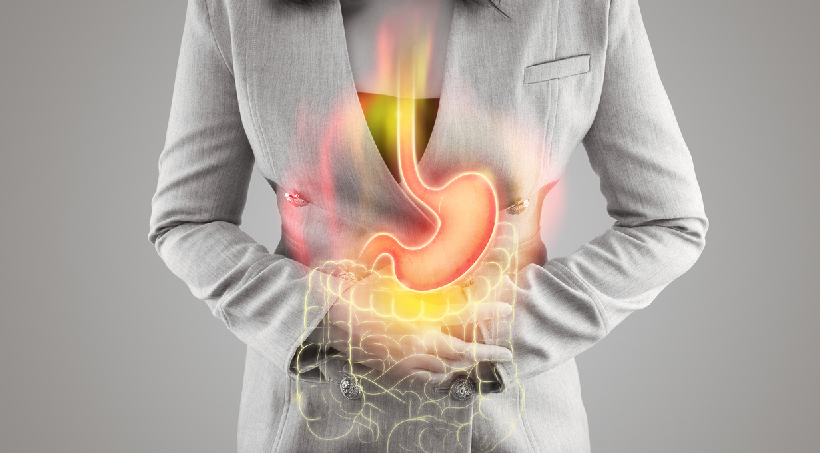- AK Superspeciality Clinic, Unit-208, Kul Scapes, Opposite to Reliance Mart, Tukaram Nagar, Kharadi
- +91 90960 45072

Definition:
- IBS (Irritable Bowel Syndrome): A chronic functional disorder affecting the large intestine, characterized by symptoms like abdominal pain, bloating, and altered bowel habits (diarrhea, constipation, or both).
- GERD (Gastroesophageal Reflux Disease): A chronic condition where stomach acid frequently flows back into the esophagus, leading to symptoms like heartburn, regurgitation, and discomfort in the chest.
Causes:
- IBS: Stress, hormonal changes, food intolerances, and gut-brain interactions.
- GERD: Weakness of the lower esophageal sphincter, obesity, pregnancy, smoking, and certain foods (e.g., spicy or fatty foods).
Symptoms:
- IBS: Abdominal pain, cramping, bloating, gas, diarrhea, constipation, and mucus in the stool.
- GERD: Heartburn, acid regurgitation, difficulty swallowing, chest pain, chronic cough, and hoarseness.
Diagnosing:
- IBS: Based on symptom history, ruling out other conditions, and sometimes additional tests like colonoscopy or stool tests.
- GERD: Endoscopy, pH monitoring, esophageal manometry, and barium swallow radiograph.
Treatment Options:
- IBS: Dietary changes (e.g., low FODMAP diet), stress management, fiber supplements, medications (antispasmodics, laxatives, or anti-diarrheal agents), and probiotics.
- GERD: Lifestyle changes (e.g., diet modification, weight loss), medications (antacids, H2 blockers, proton pump inhibitors), and, in severe cases, surgery (fundoplication).
Prevention Tips:
- IBS: Avoid trigger foods, manage stress, eat regular meals, and maintain hydration.
- GERD: Avoid trigger foods (e.g., spicy, fatty foods), eat smaller meals, avoid lying down after eating, elevate the head while sleeping, and maintain a healthy weight.
Conclusion: Both IBS and GERD are chronic conditions requiring ongoing management through lifestyle changes, medications, and regular monitoring by healthcare professionals. While they can significantly impact quality of life, effective treatment can manage symptoms and prevent complications.

